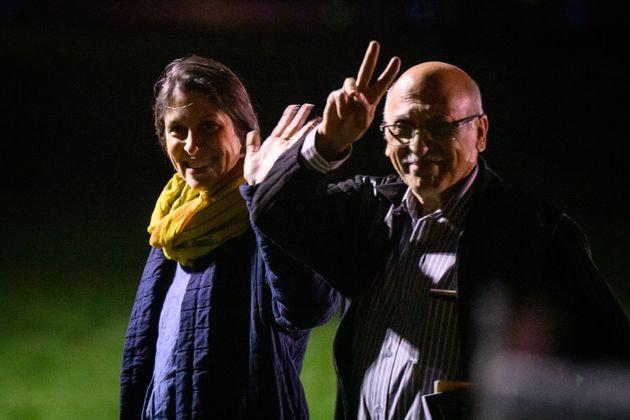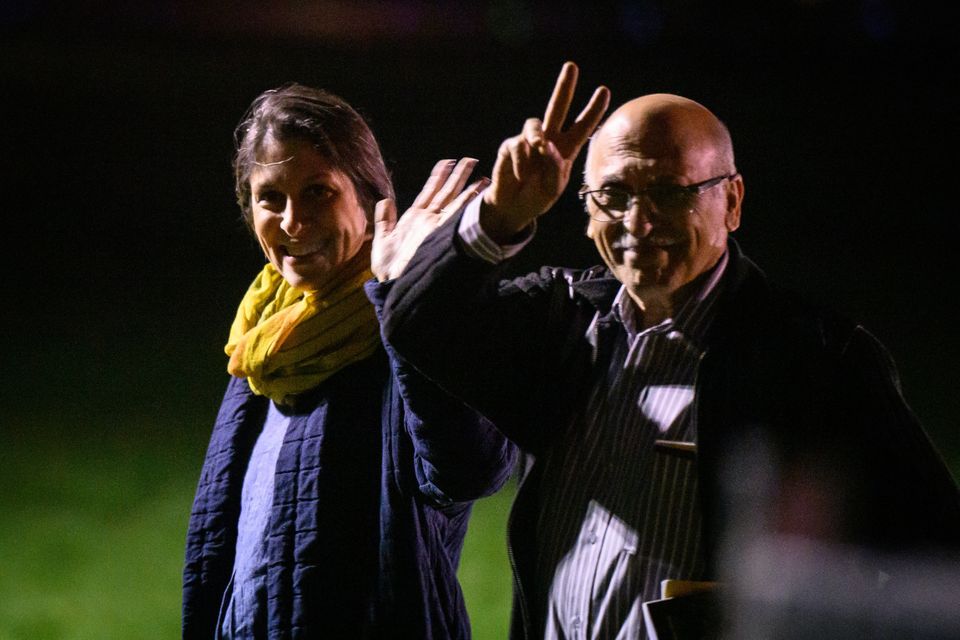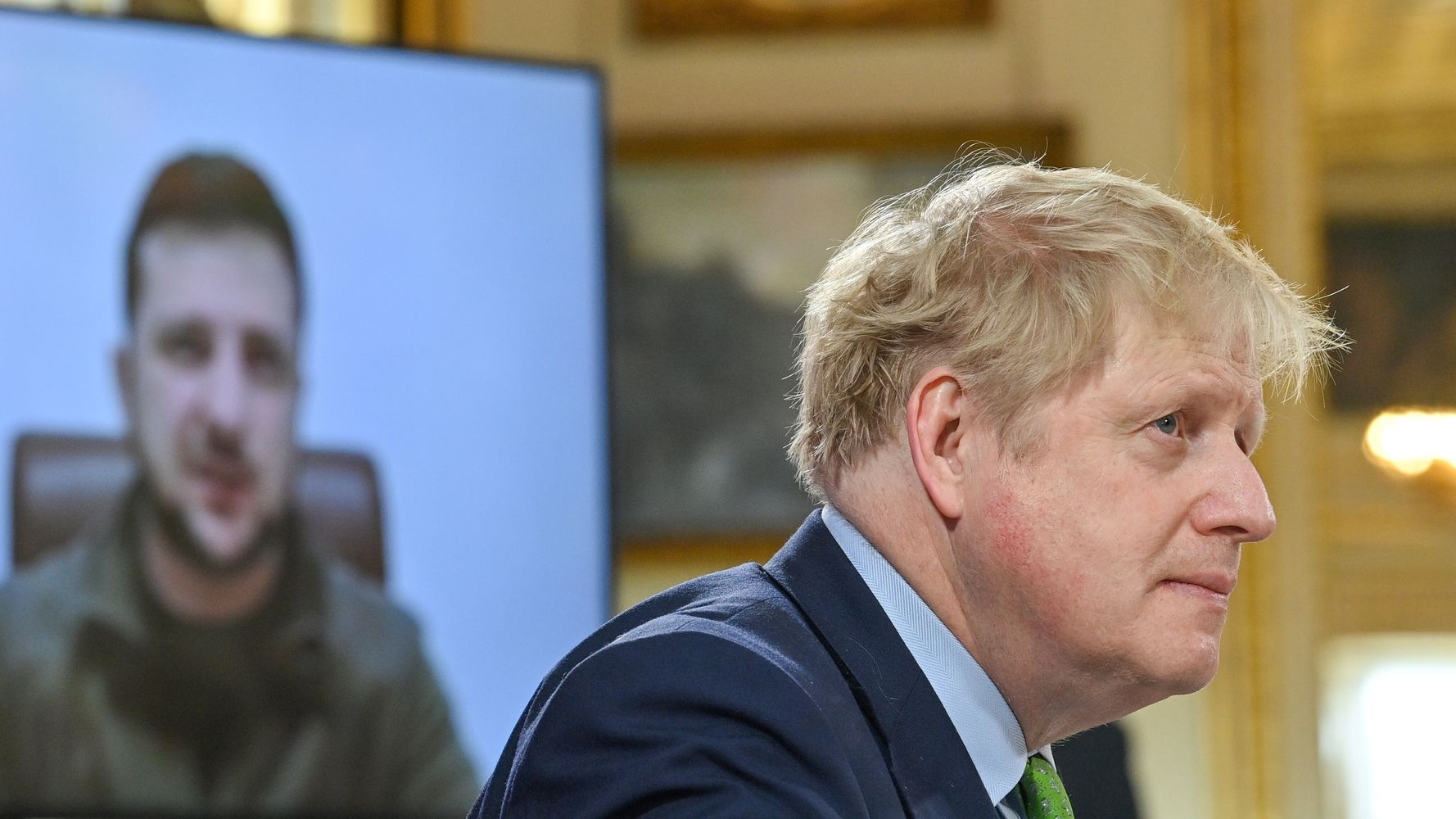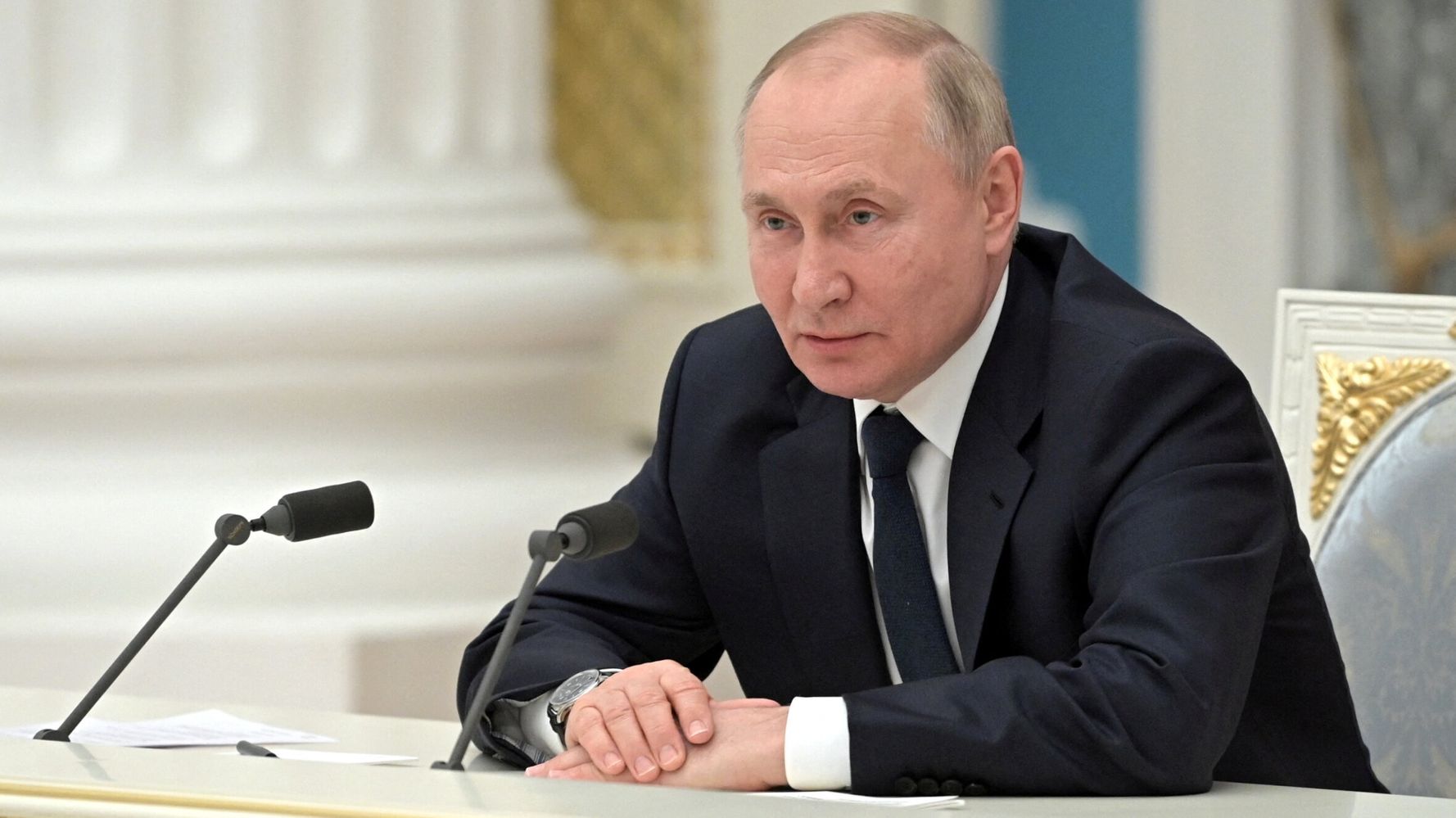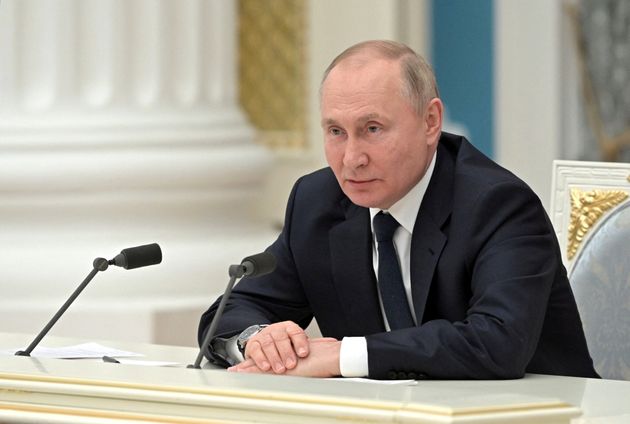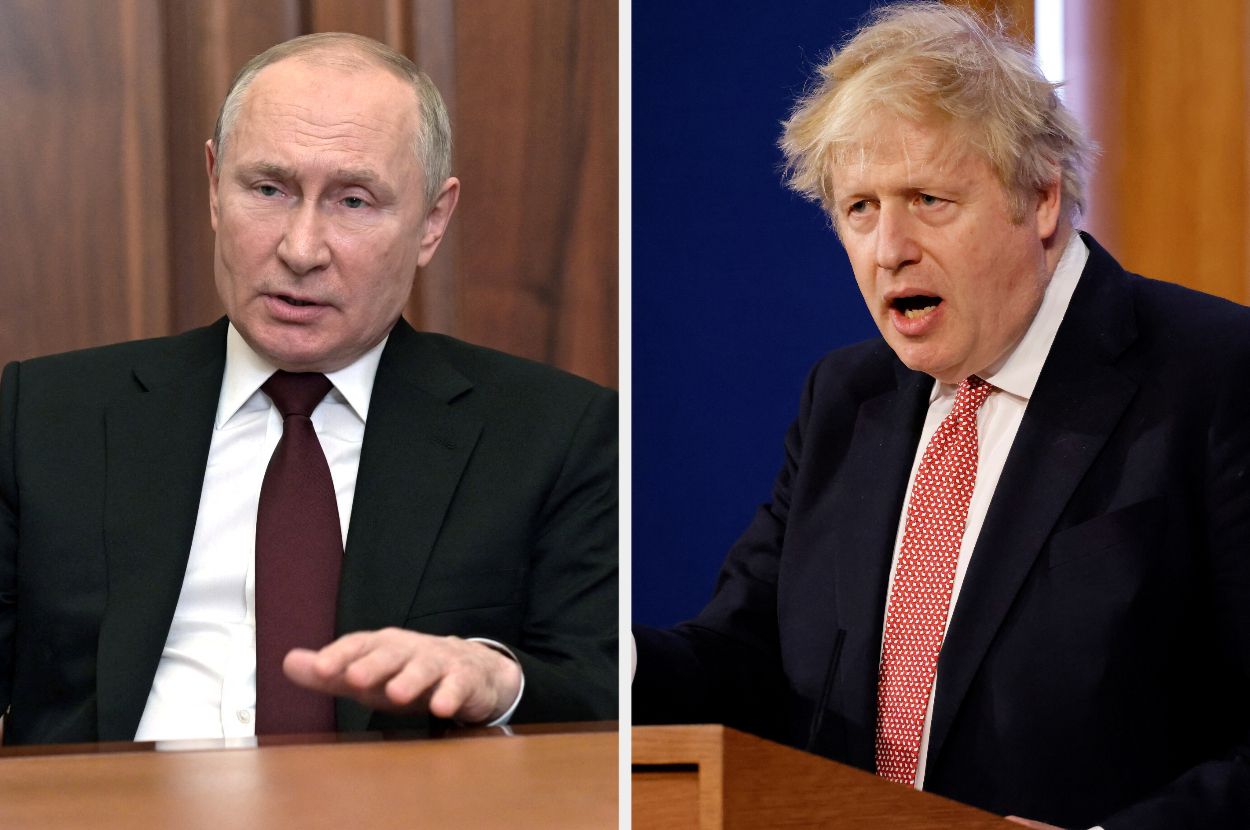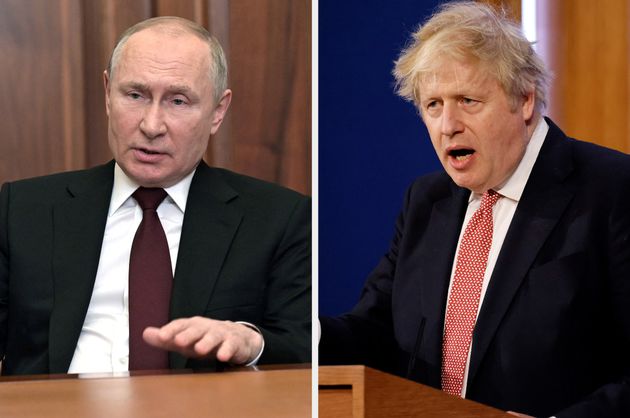
Tory ministers arriving at Boris Johnson-hosted dinner were heckled by bereaved Covid families – on the same day police confirmed 20 fines will be issued over gatherings held across Whitehall.
Shouts of “shame on you” and “off to another party are we?” were reportedly heard amid as Conservative MPs arrived at a luxury central London hotel for what was billed as a “team-building” event.
Advertisement
Chancellor Rishi Sunak, levelling up secretary Michael Gove and opportunities minister Jacob Rees-Mogg were among those to arrive at the Park Plaza near Westminster Bridge shortly before 8pm on Tuesday.
Dozens of grief-stricken relatives who lost loved ones during the pandemic lined up outside the entrance to boo guests as they arrived in cars and on foot.
Advertisement
Labour MP Chris Bryant, who chairs parliament’s committee on standards, said: “The more I think about the PM hosting a Westminster party for MPs on the anniversary of the Covid memorial and in the face of the 20 partygate fines for breaking the law at No 10, the more I realise the Tories are laughing at us all. They must think we’re stupid.”
Earlier, the Metropolitan Police confirmed ‘partygate’ investigators will begin handing out 20 fines over gatherings held across Whitehall during Covid measures.
Advertisement
There was a heavy police presence surrounding the hotel and the prime minister is thought to have gained access to the building through a different entrance.
No.10 said on Tuesday if Johnson is among those to receive a fine for attending parties in Downing Street it will let voters know.
June Newbon, who lost her husband to the virus, branded the evening “disgusting” in light of the Met’s conclusion that it believes laws were broken at the heart of government.
She said holding a lavish dinner was especially inappropriate given the cost-of-living crisis hitting millions of people and the war in Ukraine.
Advertisement
“I think it’s disgusting,” she told the PA news agency outside the hotel.
“No-one else can afford to do this given the prices going up, and the war as well.”
Newbon and her daughter Ellie said Conservative politicians would be better placed attending the candlelit procession to mark the first anniversary of the National Covid Memorial Wall, a planned event near the hotel on Westminster Bridge.
Hundreds of bereaved relatives turned up to the walk on Tuesday to commemorate their loved ones and call for the mural to be made permanent.
“I think someone should make their presence known down at the bridge today instead,” Newbon said.
“I think that’s the respect they owe us,” her daughter added.
“We haven’t had an apology from Boris and I don’t feel we’re going to have one tonight.”
Downing Street has denied Johnson misled parliament over the goings-on in Whitehall during the pandemic.



